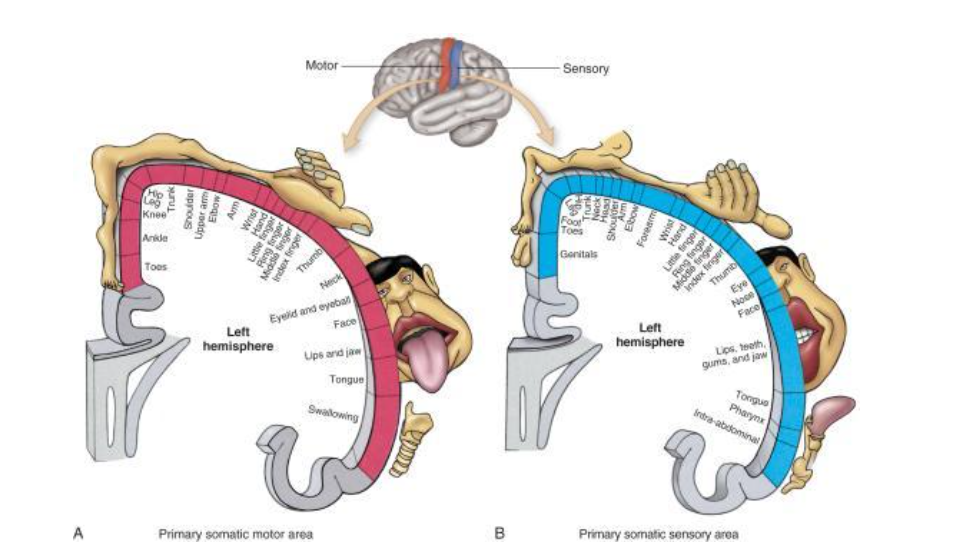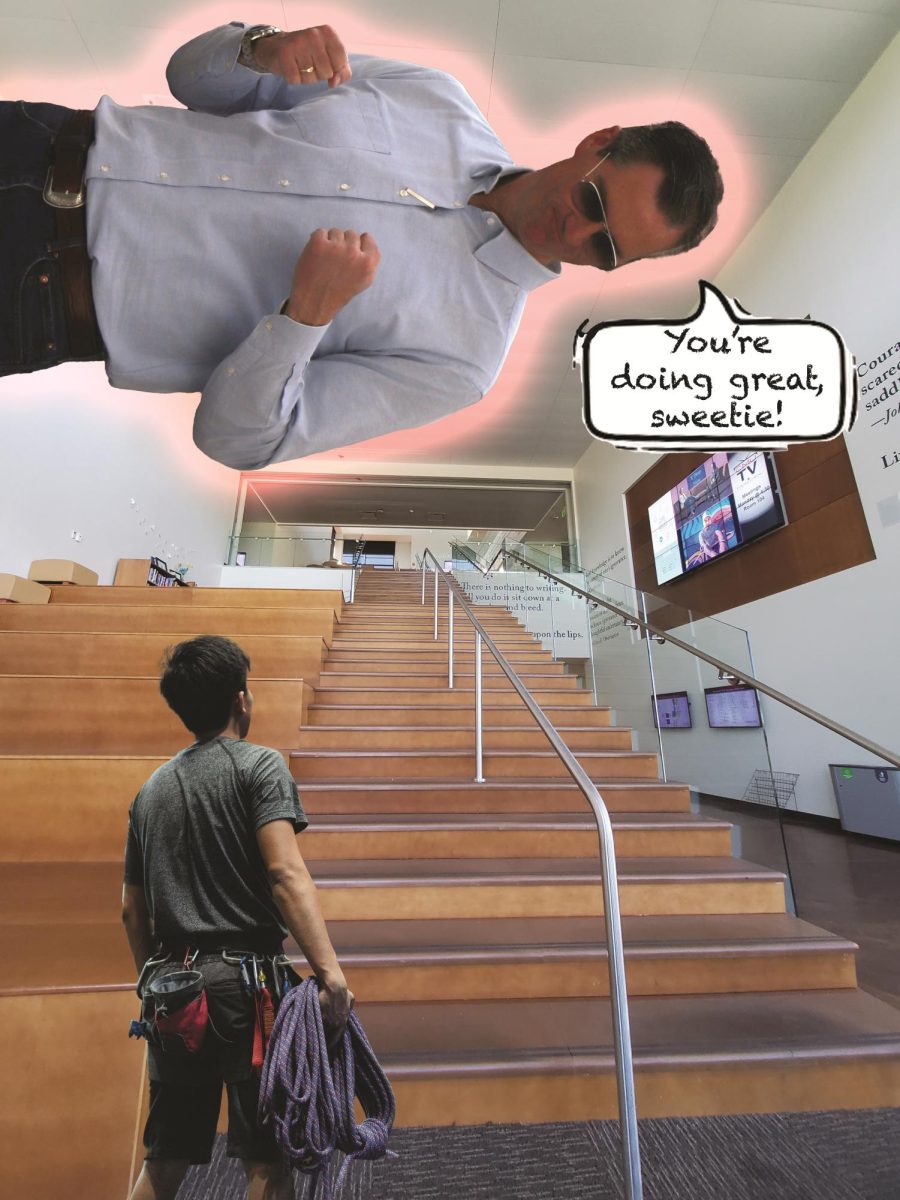Taking online classes has had a variety of effects on the mental health of students attending Colorado Mesa University (CMU) and not all of them are negative.
Some students have opted to take classes from home this semester for a multitude of reasons. Kaylie Catalano, a sophomore majoring in business who also wrestles for CMU, is one of many who have chosen this option.
“Campus just doesn’t seem like a very safe place to be in the middle of a pandemic,” Catalano said. “I also feel like sports aren’t the safest place to be, so I chose to stay home to keep myself healthy so that when [COVID-19 is] gone, I can come back strong.”
As a member of the women’s wrestling team opting to stay home, Catalano is missing out on workouts and experiencing issues with a lack of access to equipment she needs at home. Because of this, Catalano has not had the same conditioning as her teammates who are on campus and is now falling behind physically. Another major issue of working out from home is that Catalano does not have anyone to wrestle with, which is an important part of improvement for any type of competition.
Catalano is taking five classes this semester, which adds fifteen credit hours to her schedule. For a few of her classes, the content is basically self-taught and read from a textbook, which has been a hard adjustment for Catalano.
In adjusting to this new style of learning, Catalano has found time management to be a very important skill. It helps her to feel less stressed about her classes so that her daily schedule mimics what it would be like had she been on campus attending in-person classes.
Although taking classes from home can be manageable for some people, it can “leave some students feeling more isolated, [and] not as connected to their friends,” Anna Lee Walker, CMU’s behavioral health coordinator and licensed addiction counselor, said.
Catalano has friends on campus this year and feels like she is really missing out on CMU offered activities, like the weekly concert series. Catalano used to attend as many of the events put on by Student Life as possible, in addition to hanging out with friends. By staying off-campus, this is no longer a viable option for her, making it harder to connect with others. This lack of participation can also affect students who are living on campus, especially if their friends are not a part of their Mavily.
Freshmen specifically are having a harder time making friends, whether many of their classes are online or they have in-person classes, because face masks provide a barrier, making it more difficult to connect with others. It’s already scary enough to be in a whole new place, and then you add a sense of isolation into the mix? Even scarier.
Attending classes from home is also soul-crushing for some students who do not have an ideal home life. Sadly, there are many students who would rather be at school than home because it is not a safe place for them, or they just genuinely dislike it there. This eventually takes a toll on their mental health and in turn, negatively impacts their schoolwork.
On the other hand, some students like McKenzie Wilson, a CMU freshman in the pre-nursing program, prefer online courses because they can space out their time more and work on everything throughout the day. This then allows for more flexibility in schedules and leads to less stress.
Wilson lives on campus and three of her five classes are online. She is able to get all of the information that she needs without occasional tangents from professors that can cause further confusion. For Wilson, it also helps that the professors are very prepared for online classes this semester and have a good organizational system.
“The only disadvantage that I could think of is not having that connection with your professor[s] just because most of your interaction is online, whether it be via Zoom or email,” Wilson said.
Although the adjustment to online learning is not as difficult for some students, the same cannot be said for all students. There are many students who, like Catalano, do better in an in-person setting, but unlike Catalano, do not know how to handle this change.
One last thing to consider about having to take online rather than in-person classes is that there are some classes or majors that require much more hands-on learning. For example, if Wilson were in the nursing program, she feels that in-person classes would be necessary.
Students and professors alike should be aware of the many effects that this year’s schedule change due to COVID-19 has had on CMU students’ mental health. Before judging another student based on one interaction or how they behave one day, consider what they may be going through and remember that no struggle should be minimized — no matter how small.







